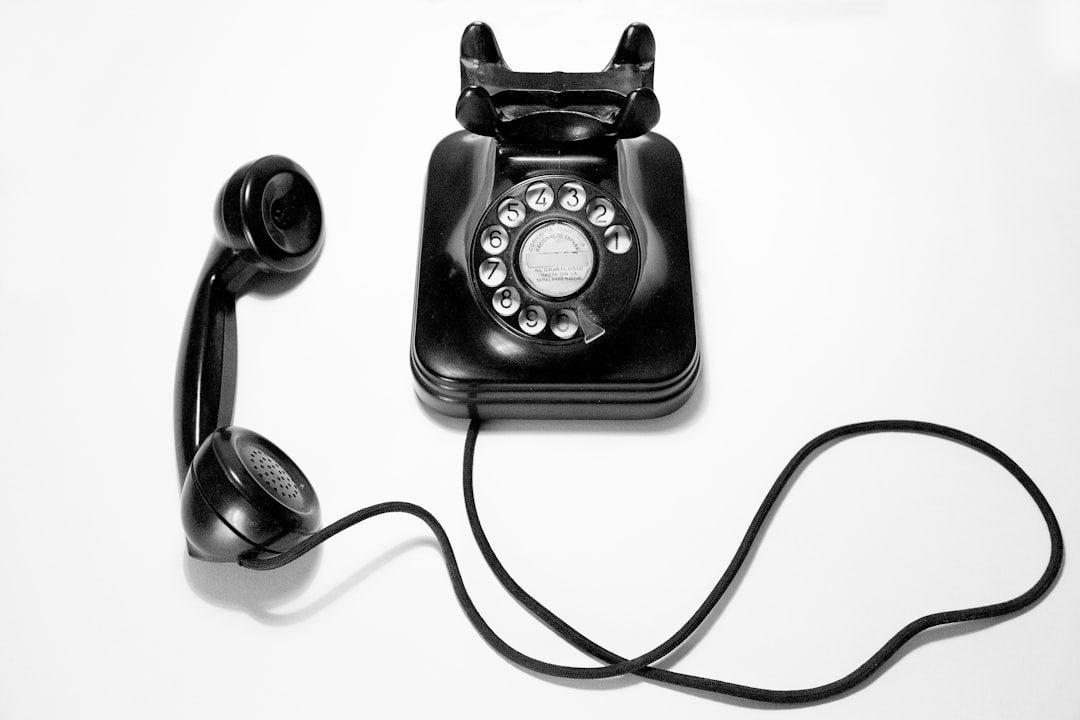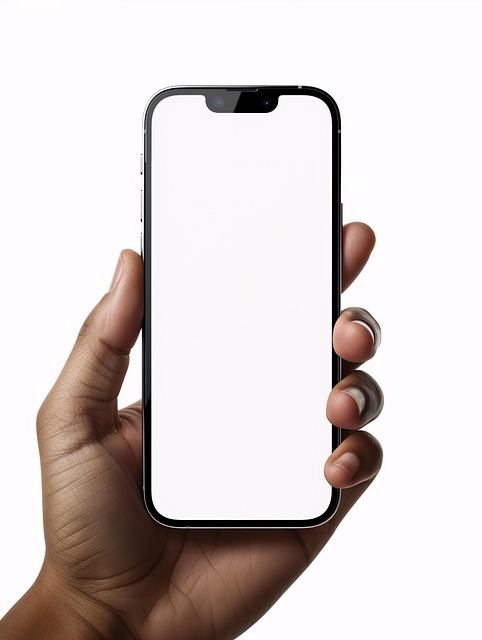In New Jersey, the Telephone Consumer Protection Act (TCPA) strictly regulates autodialers to protect consumers from unwanted calls. Businesses using autodialing technologies must obtain prior consent and offer opt-out mechanisms to comply with these guidelines. Law firms employing autodialers face a delicate balance between efficient communication and consumer perception, requiring consent acquisition and opt-out options to avoid legal issues. An experienced autodialer lawyer in New Jersey can ensure compliance, maintain positive client relationships, and prevent substantial fines for non-compliance under the TCPA.
“In the dynamic landscape of consumer interactions, the use of autodialers has become a double-edged sword. This article explores the intricacies of autodialer regulations in New Jersey from a legal perspective, delving into consumer behavior and attitudes towards automated calls. We analyze the impact on customer experiences and satisfaction while offering best practices for ethical use. As an autodialer lawyer in New Jersey, we guide businesses through this complex environment, ensuring compliance and fostering positive consumer interactions.”
Understanding Autodialer Regulations in New Jersey: A Legal Perspective

In New Jersey, the use of autodialers—automated phone dialing systems—is governed by specific regulations designed to protect consumers from unwanted or unsolicited calls. These laws, enforced by an autodialer lawyer in New Jersey, ensure that businesses employ these technologies responsibly and ethically. The New Jersey Telephone Consumer Protection Act (TCPA) sets strict guidelines for automated calling campaigns, including requirements for obtaining prior consent from recipients and providing a mechanism to opt-out of future calls.
Understanding and adhering to these regulations is crucial for businesses utilizing autodialers. A compliance oversight could result in significant fines and legal repercussions. Thus, it’s essential for companies, especially those with extensive marketing or sales campaigns, to consult with an experienced autodialer lawyer in New Jersey to ensure they stay within the confines of the law, thereby fostering a positive consumer experience while avoiding potential legal traps.
Consumer Behavior and Attitudes Towards Autodialed Calls

In today’s digital age, consumer behavior and attitudes are evolving rapidly, especially regarding communication preferences. Autodialed calls, a common practice among businesses, particularly law firms in New Jersey, have sparked mixed reactions from consumers. Many individuals are becoming increasingly sensitive to unsolicited automated phone calls, often viewing them as intrusive and a violation of their personal space. However, some consumers appreciate the efficiency and convenience that autodialers offer, especially when it comes to receiving important legal information or updates from trusted sources like auto accident lawyers in New Jersey.
The success of using autodialers relies heavily on consumer perception and compliance with privacy regulations. Law firms must tread carefully by ensuring they obtain proper consent and provide an opt-out option for recipients. By understanding consumer behavior, businesses can tailor their autodialer campaigns to balance effectiveness and respect for individual choices, fostering a positive relationship between companies and their clients in the competitive legal services market of New Jersey.
The Impact of Autodialers on Customer Experience and Satisfaction

In today’s digital age, businesses in New Jersey are increasingly leveraging autodialers to connect with customers. While this technology offers significant advantages in terms of efficiency and cost-savings, it also has the potential to impact customer experience and satisfaction. When used appropriately, autodialers can enhance client interactions by providing quick responses and personalized messages. However, excessive or poorly executed use can lead to negative outcomes, such as unwanted calls, frustration, and a decline in trust.
For instance, an autodialer lawyer in New Jersey might employ automated calls for reminders or initial contact, but they must ensure these practices adhere to local regulations and respect customer preferences. Striking the right balance between automation and human interaction is key to maintaining high levels of customer satisfaction. By understanding consumer insights and adhering to ethical standards, businesses can harness the power of autodialers while fostering positive relationships with their clientele.
Best Practices for Ethical Use of Autodialing Technology

The ethical use of autodialing technology is paramount, especially for businesses in New Jersey leveraging an autodialer lawyer’s expertise. Companies must prioritize consumer consent and transparency to avoid legal repercussions. Obtaining explicit permission from recipients before initiating automated calls is non-negotiable, ensuring compliance with the Telephone Consumer Protection Act (TCPA). Clear opt-out mechanisms should be prominently displayed during each interaction, allowing individuals to easily discontinue receiving calls.
Additionally, personalized content tailored to individual preferences can enhance consumer experiences. Businesses should segment their customer bases and use autodialers to deliver targeted messages, balancing effective marketing with respect for personal privacy. Regular audits of calling practices are essential to identify and rectify any unethical behavior, reinforcing the brand’s commitment to responsible automation.






